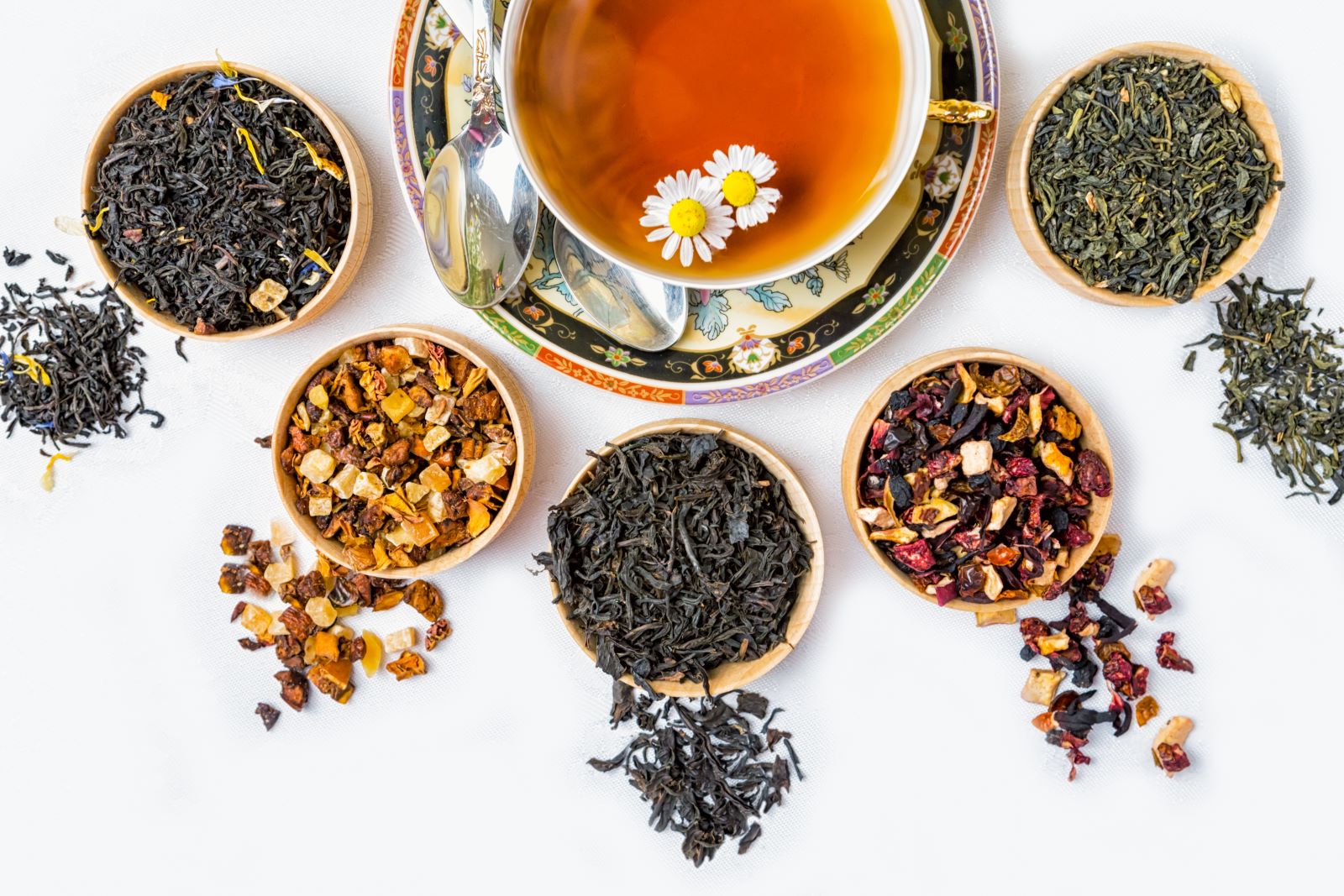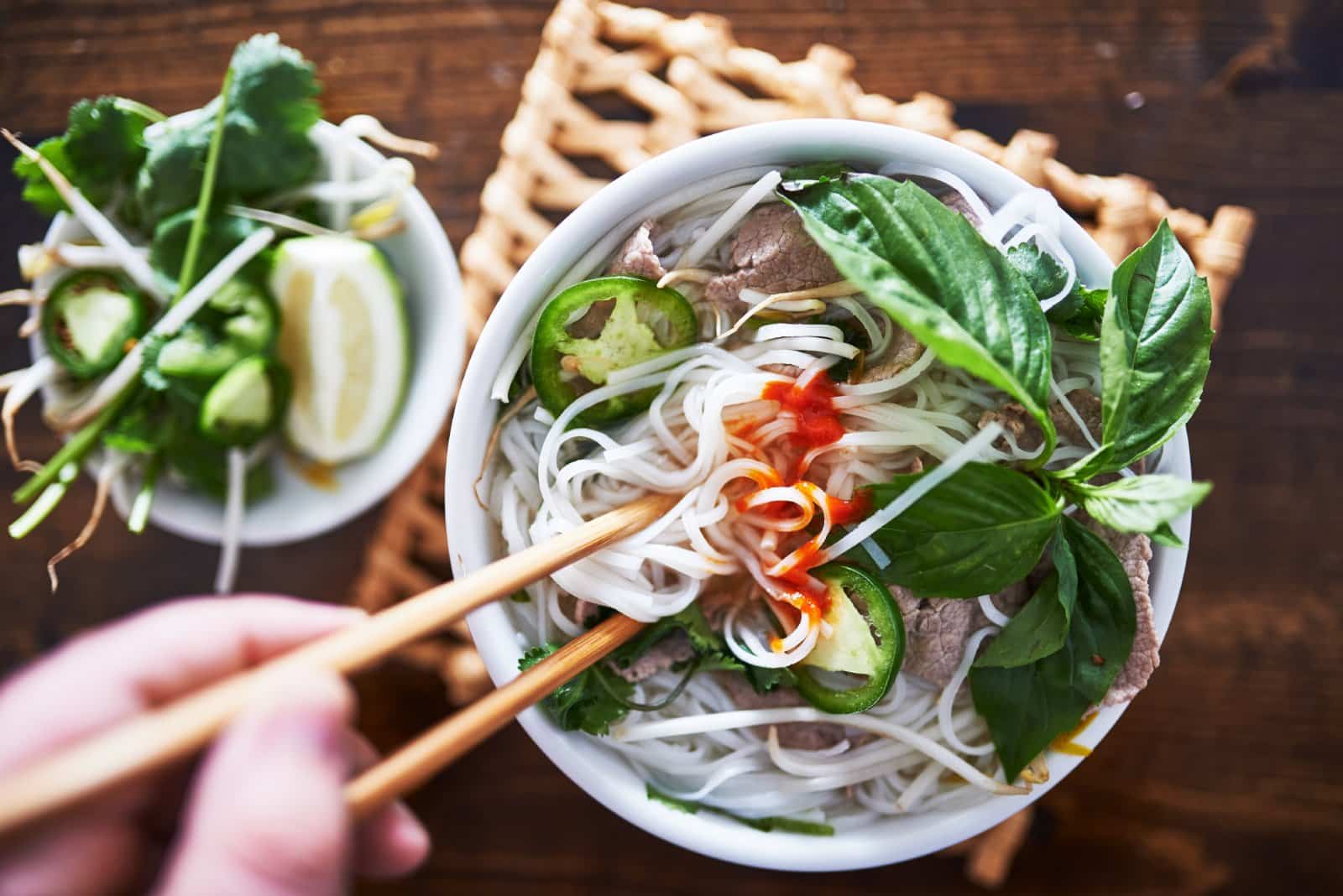What You’re Missing About Heatwaves and Food Safety
As climate change drives temperatures higher, heatwaves are becoming more frequent and severe. This isn’t just a discomfort issue; it’s a food safety crisis. Here’s why:
1. Bacteria Love the Heat

Higher temperatures create the perfect environment for bacteria to thrive. Salmonella, E. coli, and Listeria can multiply rapidly in warm conditions. The CDC reports a spike in foodborne illnesses during heatwaves, partly due to improper food storage and handling.
2. Power Outages and Food Spoilage

Heatwaves can lead to power outages, which can cause your refrigerator to stop working. According to a study by the Food and Agriculture Organization, food spoilage rates soar during power cuts, leading to an increased risk of food poisoning.
3. Supply Chain Disruptions

Extreme heat can disrupt the food supply chain. Transporting food in high temperatures without proper refrigeration can lead to spoilage before it even reaches the store. A report from the World Food Programme highlights how climate change is affecting food distribution, leading to more waste and higher prices.
4. Farmer Struggles

Farmers are directly affected by heatwaves, which can devastate crops and livestock. Heat stress reduces crop yields and can cause animal deaths. This impacts food availability and quality. The National Resources Defense Council has documented these effects, stressing the need for better climate-resilient farming practices.
5. Increased Pesticide Use

To combat the effects of heat and pests, farmers might increase pesticide use. While this helps protect crops, it also raises concerns about pesticide residues in food, which can pose health risks.
6. Water Shortages

Heatwaves often coincide with droughts, leading to water shortages. This affects irrigation and the ability to clean and process food properly. Water scarcity can lead to reduced crop yields and higher food prices.
7. Urban Heat Islands

Cities experience higher temperatures due to the urban heat island effect. This exacerbates the challenge of keeping food cool during transportation and storage, increasing the risk of spoilage.
8. Increased Food Waste

With more food spoiling due to heat and power outages, food waste is on the rise. This not only impacts the environment but also puts additional strain on food security.
9. Consumer Precautions

During heatwaves, it’s crucial to take extra precautions with your food. Keep perishable items refrigerated and avoid leaving food out for extended periods. The USDA recommends using a cooler for picnics and outdoor events to keep food at safe temperatures.
10. Home Gardens at Risk

Home gardeners also feel the heat. Plants can suffer from heat stress, reducing yields and making homegrown produce less reliable. Using shade cloths and proper watering techniques can help mitigate these effects.
11. Heat-Resistant Crop Varieties

Researchers are developing heat-resistant crop varieties to withstand higher temperatures. These crops can help ensure food security in a warming climate, but widespread adoption takes time.
12. Technology to the Rescue

Advancements in refrigeration and cooling technology can help combat food spoilage during heatwaves. Innovations such as solar-powered coolers are being explored to keep food fresh in off-grid areas.
13. Public Health Campaigns

Educating the public about the risks of heatwaves and food safety is crucial. Public health campaigns can provide tips on safe food handling and storage during extreme heat.
14. Climate-Smart Agriculture

Adopting climate-smart agricultural practices can help mitigate the impacts of heatwaves. This includes efficient water use, soil health management, and crop diversification.
15. Policy Changes

Governments need to implement policies that address the food safety challenges posed by climate change. This includes investing in infrastructure to ensure reliable power supply and supporting farmers with climate adaptation strategies.
16. Research and Innovation

Ongoing research into the effects of climate change on food safety is essential. Innovative solutions and strategies must be developed to protect our food supply.
17. Community Support

Communities can play a role in supporting vulnerable populations during heatwaves. Setting up cooling centers and distributing fresh food can help those who are most at risk.
18. Global Cooperation

Climate change is a global issue that requires international cooperation. Sharing knowledge and resources can help countries better prepare for and respond to the food safety challenges posed by heatwaves.
19. Personal Responsibility

Individuals can also take steps to mitigate the impacts of heatwaves on food safety. This includes staying informed, practicing safe food handling, and supporting sustainable practices.
20. Future Outlook

As climate change continues to intensify, heatwaves will become more frequent and severe. Addressing the food safety challenges posed by these extreme events is critical to ensuring a secure and healthy food supply for the future.
Climate change is not just an environmental issue; it’s a food safety concern that we all need to take seriously. By staying informed and taking proactive steps, we can mitigate some of these risks.
Not All Tea Is Good for You: List of Teas to Avoid and to Stick To

Not all teas are healthy and some might actually harm your health with poor ingredients. But how can you tell the good from the bad? This guide aims to help you make informed choices without turning you into a tea expert overnight. Not All Tea Is Good for You: List of Teas to Avoid and to Stick To
America’s Spiritual Revolution: Turning Away from Christianity to Embrace Alternatives

As church attendance declines, Americans are exploring diverse spiritual paths, from stargazing druids to unconventional deities like Wi-Fi gods and extraterrestrials. Explore the quirky and sometimes controversial new religions capturing attention as people seek meaning beyond traditional Christianity. America’s Spiritual Revolution: Turning Away from Christianity to Embrace Alternatives
25 Must-Try Global Delicacies

From Bangkok’s bustling streets to Parisian cafes, every corner of the world offers something special for your taste buds. And you don’t have to travel far; even in the USA, you can find a world of flavors. Here are 25 global delicacies every foodie should try, including some local favorites! 25 Must-Try Global Delicacies
Featured Image Credit: Shutterstock / Aleksandar Malivuk.
For transparency, this content was partly developed with AI assistance and carefully curated by an experienced editor to be informative and ensure accuracy.






